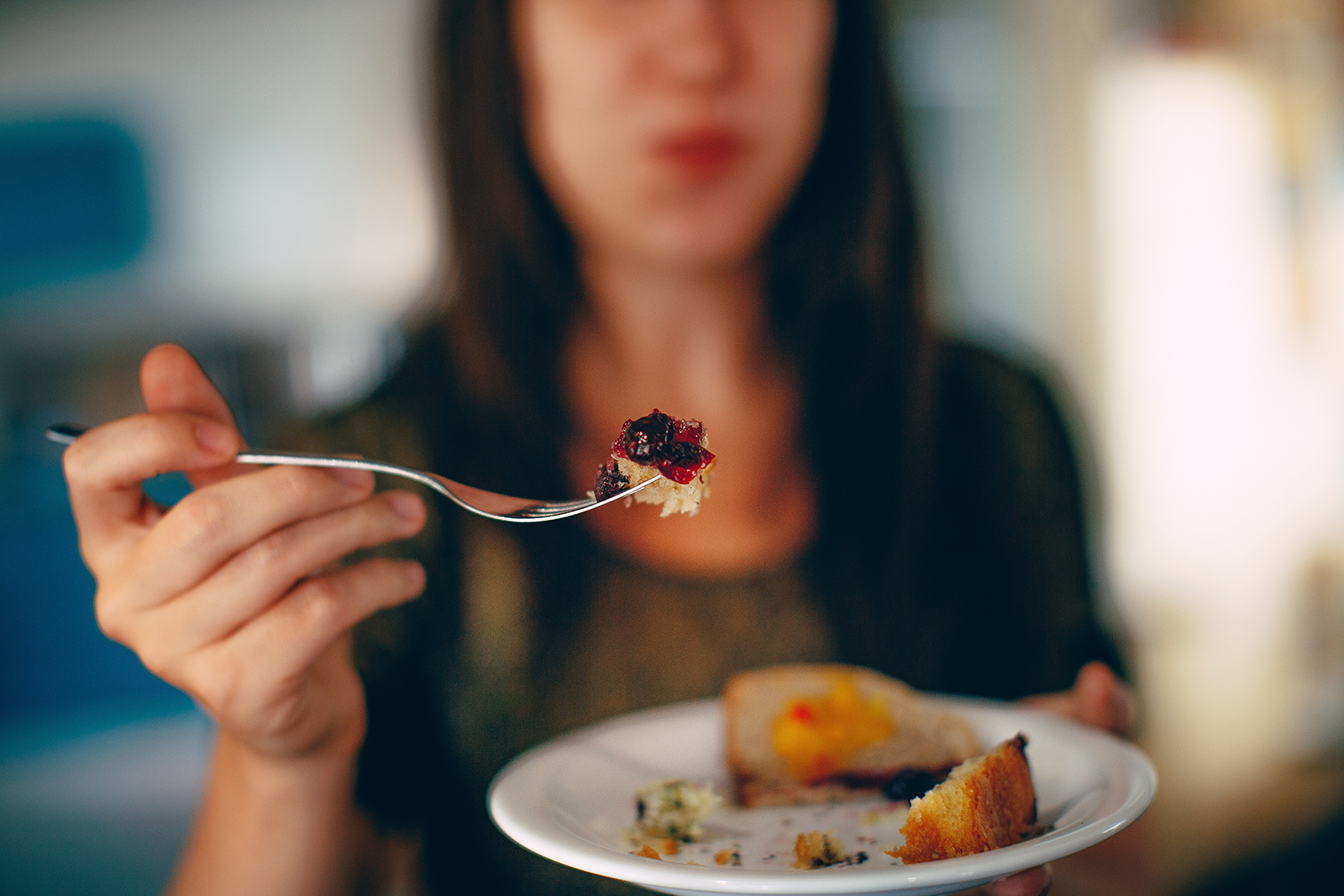The Power of Gut Health

Everyone is talking about gut health. But what does that really mean? Our wellness professionals dive into how a healthy gut benefits your entire body.
We’ve all heard, “You are what you eat.” And you know what? It’s true.This age-old adage holds considerable truth when we take into account the extensive influence of gut health on our overall physical well-being. Now, let’s explore the connections between your gut and the rest of your body and gain a clear understanding of what gut health really means.
When people say gut health they aren’t just talking about your gut, but rather your whole gastrointestinal tract which contains trillions of bacteria and microorganisms that
process food and influences overall health and general well-being.
Bacteria may seem like a scary word to describe your gut, but no worries, everyone has bacteria. There are always good and bad bacteria inside of you, but having too much or too little of one or the other creates an imbalance and can cause disruption in other areas of your body.
Gut health — the balance is key
Maintaining enough good bacteria to counteract the bad is the key to good gut health. You can accomplish this with probiotics and prebiotics. Probiotics and prebiotics are terms you may hear often when the topic of gut health comes along, but what are they and what roles do they play in our bodies?
We usually think of bacteria as germs that make you sick but this live bacteria and yeast is actually good for you. Probiotics are beneficial bacteria found in certain foods or supplements that help send food through your gut. Talk to your doctor if supplements are right for you but there’s many probiotic rich foods for you to consider like fermented or pickled foods and dairy like yogurt or cheese.
Your body can’t digest the carbs in prebiotics so they’re there to feed that friendly bacteria in your digestive system. Some prebiotic rich foods are legumes, bananas, berries, asparagus or garlic/onion. Again, keep in mind that your body can’t digest the carbs so consuming too much can cause gas or bloating.
There are foods to limit when trying to balance gut health. Fried foods, alcohol, high sugar food/beverages, highly processed foods, artificial sweeteners, and excess gluten can all throw off your gut biome by feeding the ‘bad’ bacteria.
Trust your gut
If it’s time to get your gut health in check, keep in mind it takes time and takes consistency. There are lots of products & programs that claim to be all about gut health; but often a switch up in your diet, a simple probiotic supplement, overall healthy lifestyle habits, and time is all you need. Keeping in mind that during periods of illness, antibiotic use, and extra stress your gut needs extra TLC too and extra attention to diet or that supplement may be needed to find balance again.
Still feeling a little off? Check out these 10 signs of an unhealthy gut so you can get back in balance.
Ready for that next step in some of the healthy lifestyle habits? Connect with us. From exercise to mental well-being, we can help you get started.

